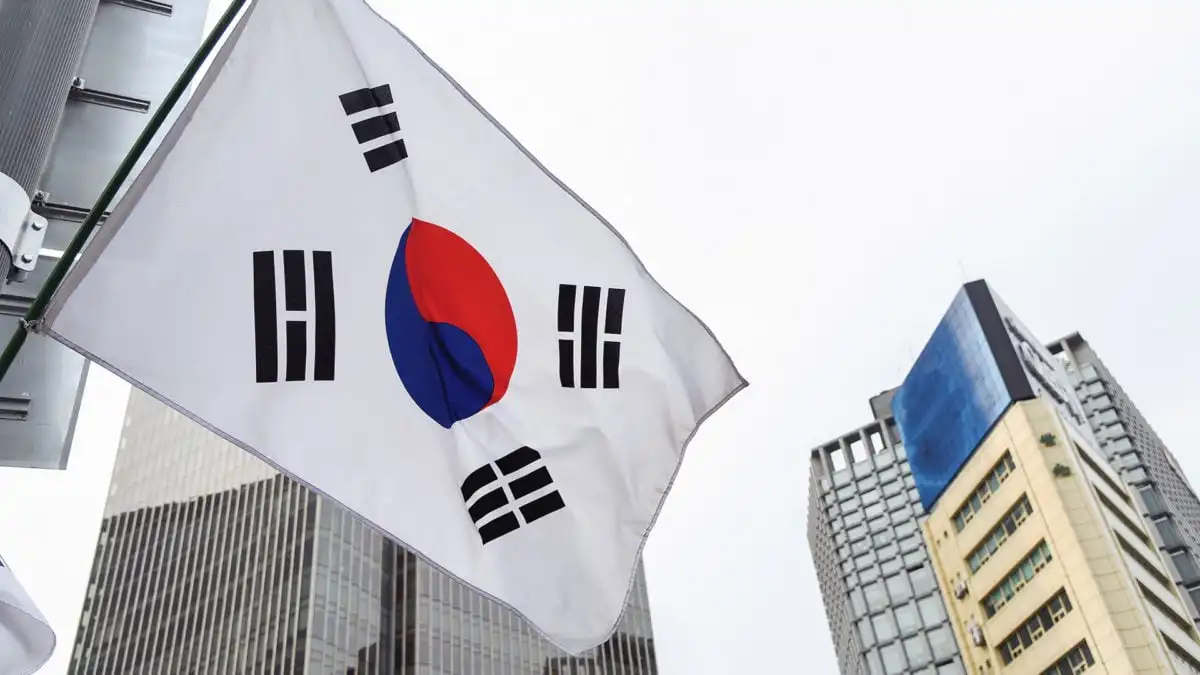- South Koreans shift investments from big tech to stablecoin shares.
- GENIUS Act sparks surge in stablecoin-related stock purchases abroad.
- Strong domestic market pushes investors away from U.S. tech.
According to the Korean Center for International Finance, South Korean retail investors are redirecting their overseas investments from U.S. big tech stocks toward stablecoin-related shares.
Statistics indicated that the proportion of virtual asset-related stocks among the top 50 net-bought overseas shares surged abruptly in January (8.5 percent) and June (36.5 percent) and saw a slight drop in July (31.4 percent).
In the same period, big-tech companies in the United States saw their demand weaken significantly. Average monthly purchases of the top seven U.S. big tech shares totaled 1.68 billion dollars from January to April. They dropped to $440 million in May, $670 million in June, and $260 million in July.
According to the data provided by the KCIF, this transition was preceded by a more general change in investor behavior. The company noted that South Koreans became net sellers of foreign stocks in May, following months of net purchases, and the same situation was repeated in June.
Also Read: Bitcoin Hits $121,000 but Peter Schiff Warns of Looming Crypto Market Meltdown
Stablecoin Regulation Spurs New Investment Trend
According to a recent report, the U.S. GENIUS Act, signed by President Donald Trump in July, was a major driver of the renewed interest in stablecoin-related equities. The law has provided clear regulatory frameworks for the stablecoin industry and enabled privately owned companies to issue stablecoins, which has increased investors’ confidence in companies associated with digital assets.
In July, South Korean retail investors resumed net purchasing and cumulatively invested in overseas purchases of $499 million. This was, however, much less than the monthly average of 3.8 billion dollars experienced in the first four months of the year, depicting a conservative rebound in foreign market exposure.
The KCIF said performance on the local markets since June has been stronger, and the local currency has strengthened, making foreign equities less attractive. The sentiment is also weighed down by persistent fears of the effect of the U.S. tariff scheme on the world economy.
Considering these points, the report indicated that retail investors are not likely to ramp up foreign stock purchases in the short term. Still, stablecoin-related trading will continue at a strong pace.
Also Read: Shiba Inu Price Rejection Sparks Fears of Drop Toward Crucial $0.00001000 Support
